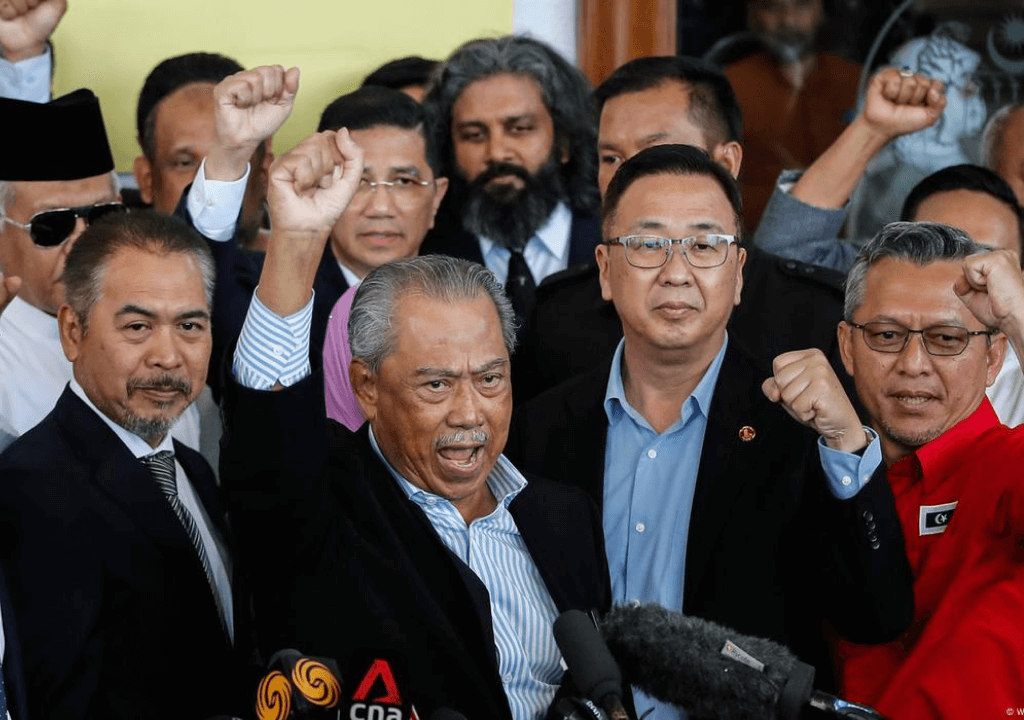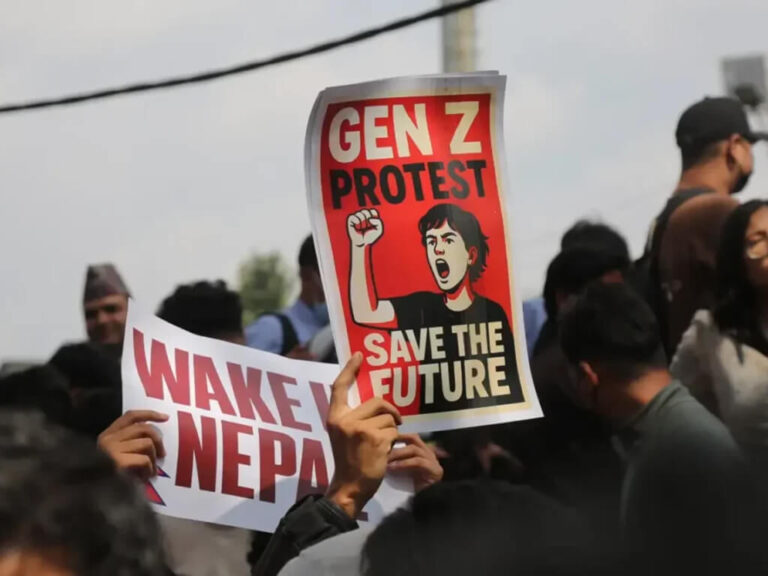Southeast Asian nations are known for rigorously enforcing lese majeste or royal insult laws to suppress dissenting voices, whether they are republics or constitutional monarchies. Thailand frequently makes headlines for its enforcement of these laws, while Malaysia, another constitutional monarchy in the region, has generally been viewed as more democratic and less prominent in this regard. However, a notable development has emerged from Malaysia: former prime minister and current opposition leader Muhyiddin Yassin was charged with sedition on Tuesday over alleged comments about the previous king’s decision to appoint Anwar Ibrahim instead of him following a closely contested 2022 general election.
Malaysia has filed sedition charges against Muhyiddin Yassin for allegedly insulting the country’s former king during a political speech on August 15. Muhyiddin, who served as prime minister from 2020 to 2021 and currently leads Malaysia’s conservative, Malay-centric opposition bloc, has pleaded not guilty. Though Under Malaysia’s Sedition Act, which dates back to the colonial era, remarks deemed disrespectful to the country’s largely ceremonial and highly revered royalty can lead to prosecution. Muhyiddin is the first former leader in Malaysia to face charges under this law and could face a fine of up to 5,000 ringgit, a prison sentence of up to three years, or both if convicted. He is also dealing with separate corruption and money laundering charges, which he argues are politically motivated.
Prosecutors allege that Muhyiddin questioned why the former king did not summon him to be sworn in as prime minister following the 2022 general election, which produced a hung parliament. Despite his claims of having ample support from lawmakers, it was Al-Sultan Abdullah, who concluded his five-year reign in January, who ultimately appointed Anwar Ibrahim as prime minister. Anwar secured the necessary backing from rival factions to forge a unity government. Muhyiddin’s remarks, made during a by-election campaign in Kelantan, are viewed by prosecutors as a challenge to the former king’s credibility. Although Al-Sultan Abdullah has not publicly commented, his son has criticized Muhyiddin’s remarks as dangerous and undermining the monarchy.
Muhyiddin expressed frustration at not being invited to the palace for his swearing-in, despite claiming support from 115 of the 222 parliamentarians. In the 2022 election, Muhyiddin’s Perikatan Nasional (PN) coalition, which includes the Malaysian United Indigenous Party and the Pan-Malaysian Islamic Party, won 74 seats, while Anwar Ibrahim’s Pakatan Harapan bloc secured 82 seats. The third-place alliance, Barisan Nasional (BN), chose to support Pakatan Harapan and received cabinet posts in the new government. Muhyiddin believes that Sultan Abdullah’s decision to appoint Anwar Ibrahim strengthened Anwar’s position in negotiations with other parties, resulting in support that excluded his coalition from power. Last week, Muhyiddin provided the police with evidence to support his part, asserting that his loyalty to the constitutional monarchy should not be questioned. Nevertheless, Malaysia’s police chief, Razarudin Husain, has confirmed that Muhyiddin will be charged under Section 4(1) of the Sedition Act for allegedly acting with seditious intent.
Under Malaysia’s unique monarchy, nine sultans alternate on the royal throne every five years, a role traditionally seen as ceremonial. However, the constitutional monarchy is increasingly worried that rising criticism and rising political Islam could jeopardize their position. Analysts suggest that Muhyiddin’s alleged criticism of the king’s choice of prime minister may have been a key factor in the recent by-election, damaging Perikatan Nasional’s (PN) image as a defender of ethnic Malay supremacy and Islam, where respect for the king is crucial. PN, the incumbent, lost the seat to Barisan Nasional, a key ally in Prime Minister Anwar Ibrahim’s administration. Last Monday, Pahang Crown Prince Tengku Hassanal Ibrahim Alam Shah accused Muhyiddin of implying that his father had unfairly appointed Anwar as prime minister and of inciting distrust in the Malay royal institution. The tense political climate in Thailand might also affect sentiments in Malaysia, leading authorities to likely take stringent measures to safeguard the constitutional monarchy.








